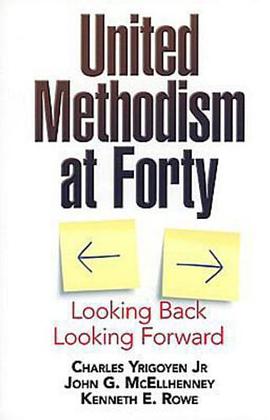

具体描述
Most historians have credited New Deal initiatives in economic regulation and social welfare policy with bringing about the modern American state. Michael Fein now reveals the surprising story of how road building paved the way to the modern state during the late nineteenth and early twentieth centuries and how public works policy emerged as a third critical pillar in support of state building. Paving the Way shows that the growing transportation needs of a steadily industrializing nation reconfigured state politics, bringing about a revolution in governance as it reshaped the landscape. Examining state and local policy developments from half a century before the New Deal, Fein describes how the transition from rutted wagon trails to smooth highways shifted road-maintenance responsibility from local residents to state engineers. Focusing on New York State, a national leader in infrastructure development, Fein demonstrates that its citizens gradually became more comfortable with state bureaucracy because it resulted in better roads. This conferral of political legitimacy on state engineers by the general populace provided instrumental in the consolidation of engineers' power, translating their professional expertise into a new kind of politics. Fein charts five distinct road-building policy regimes to explain how a basic function of governance--providing public ways--evolved from 1880 to 1956. He also explores the contested nature of these regime changes, as cycling and automobile clubs, construction and real estate interests, hard-nosed agrarians, urban bosses, and professional engineers sought to shape highway policy to their advantage. Fein argues that these state-local powernegotiations were important rehearsals for the overall centralization of bureaucratic authority in the mid-twentieth century. Although other traditionally local policy concerns such as education and social welfare would undergo similar transformations, road building was the first major policy area in which older relations between citizens and governing institutions were replaced by modern intergovernmental arrangements. Paving the Way reminds us that what we take for granted today as a basic function of government bureaucracy was once an open and even controversial question. It offers a new perspective on federal power, arguing that the modern American state rested on the rise of a more complex federalism that has been supposed.
作者简介
目录信息
读后感
评分
评分
评分
评分
用户评价
相关图书
本站所有内容均为互联网搜索引擎提供的公开搜索信息,本站不存储任何数据与内容,任何内容与数据均与本站无关,如有需要请联系相关搜索引擎包括但不限于百度,google,bing,sogou 等
© 2026 book.wenda123.org All Rights Reserved. 图书目录大全 版权所有



















